By Erika Thompson
On a brisk December morning, over flaky croissants and Parisian tea in dainty, porcelain cups, the answer was yes. Overwhelmingly, emphatically, unequivocally YES. There was no need to finish either the pitch or the ask; we were already completely on board.
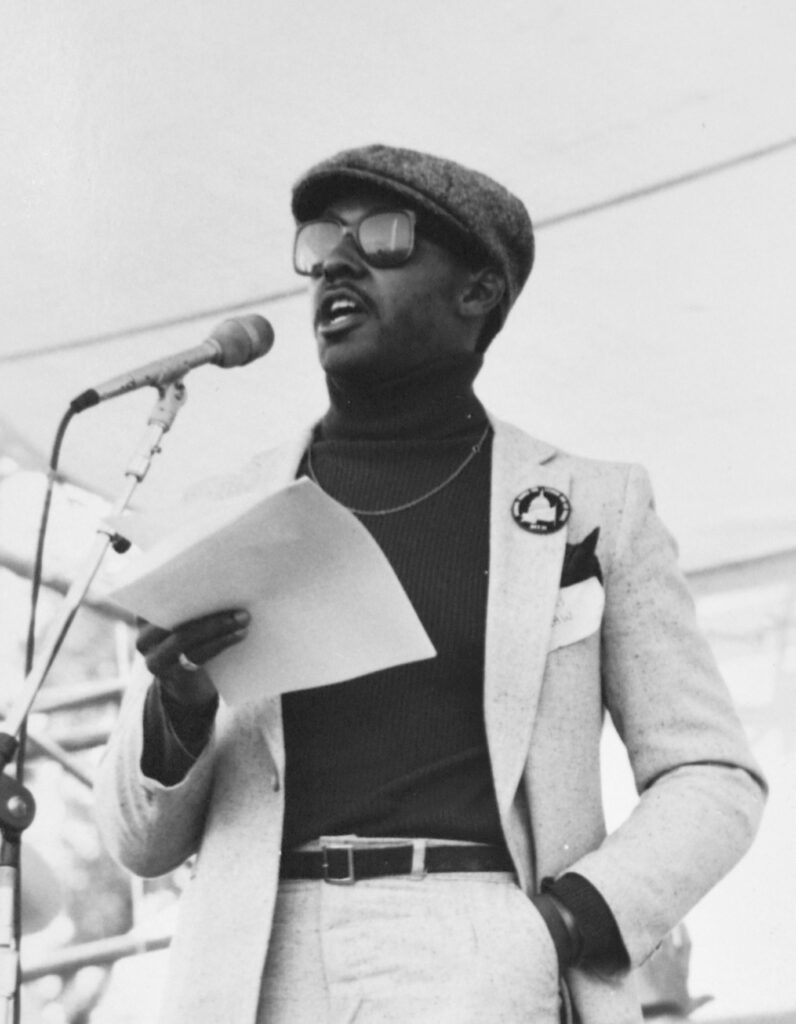
addresses a crowd during the 1979
National March on Washington for Lesbian
and Gay Rights.
Photo courtesy of Botts Collection of
LGBT History.
It is a truism that no archive is complete. The African American Library at the Gregory School (The Gregory School) is no exception. In fact now nearing its twelfth year, Gregory is a virtual newborn babe in the world of collecting institutions. On that crisp December morning that brought activist/creative/visionary Harrison Guy to the literal table, Houston Public Library curator and Gregory School manager Danielle Burns Wilson and I were confronted with the weight of this truth. However, the difficult reality was not that Gregory’s collection was incomplete due to its infancy but rather that the collection was incomplete due to its omission.
The Gregory School is one of three research centers operated by the Houston Public Library System. Located in historic Freedmen’s Town/Fourth Ward and housed in a building erected to serve as the first public school for free Black children after Emancipation, The Gregory School’s mission is to document and preserve Houston’s African American culture. A repository of rich and dynamic histories, The Gregory School employs exhibits, programming, and an ever-expanding archive to tell the story of Black Houston’s impact locally, nationally, and internationally.
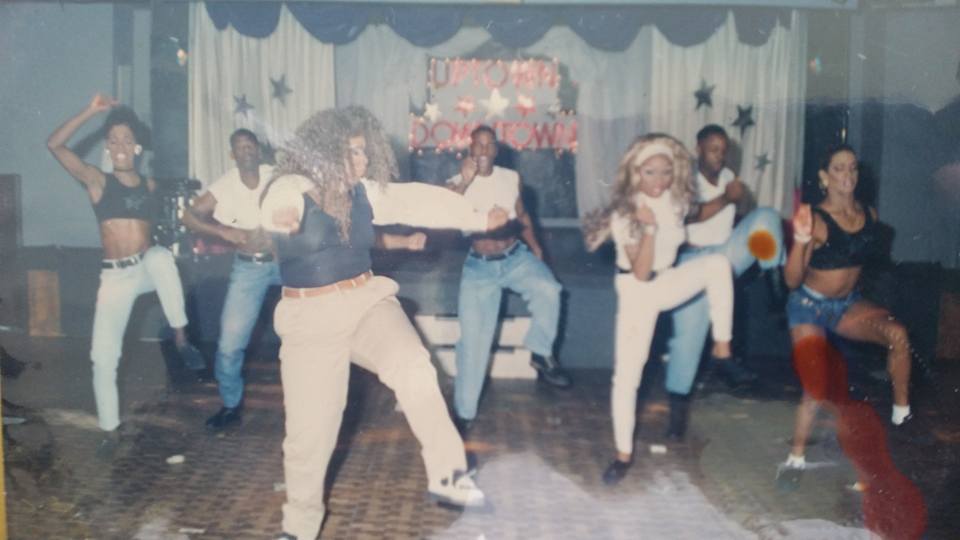
Downtown in the 1990s.
Photo courtesy of the African American Library at the Gregory School.
Danielle and I initially assumed that Harrison wanted to discuss Urban Souls. Born of a solo he performed at the city-wide festival Dance Houston, Urban Souls Dance Company was created and founded by Harrison in 2004. At the time, Urban Souls was about to celebrate its fifteenth year and The Gregory School would soon be reaching its own milestone of ten years, so the timing of this conversation felt right. The three of us talked at length. As this was my first time meeting Harrison, we had to do the necessary work of, as the elders call it, “find[ing] out who your people are.” Our rapport was organic and the conversation delightful. We shared who was from where, attended what schools, worked in what institutions, knew so-and-so, and belonged to which organizations. Harrison waxed poetic about the founding and future of Urban Souls; Danielle and I did what we always do in these initial meetings with potential collaborators — made the case for a new collection. For all intents and purposes, it was a great meeting.
Click here to read the full pdf, or click on Buy Magazines to purchase a print copy or subscribe.
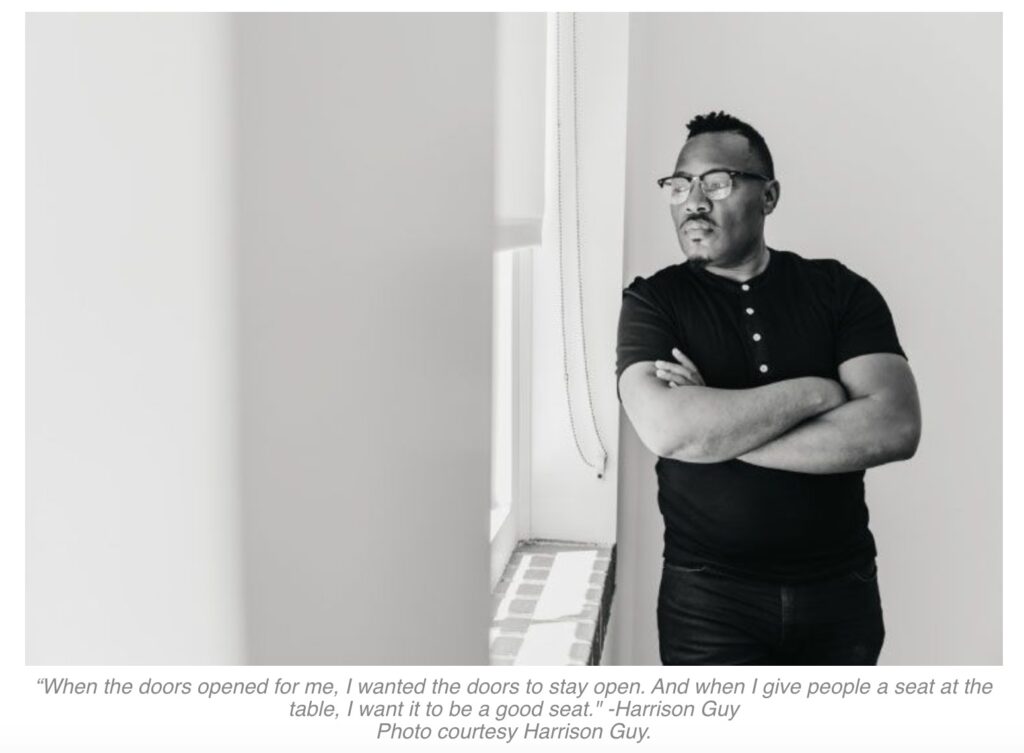

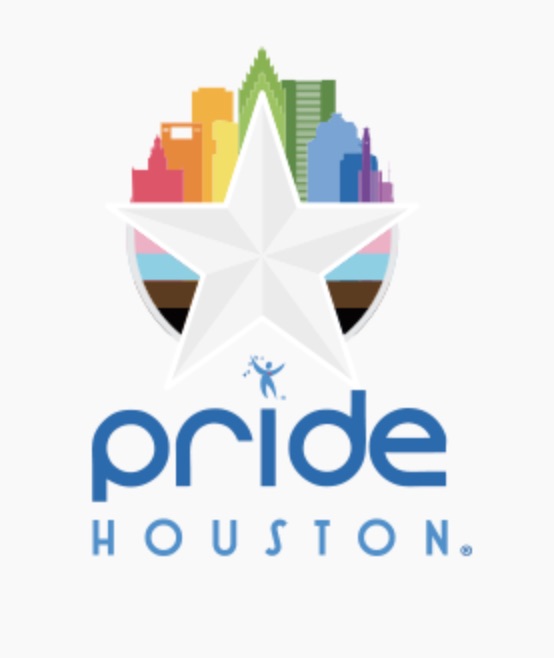
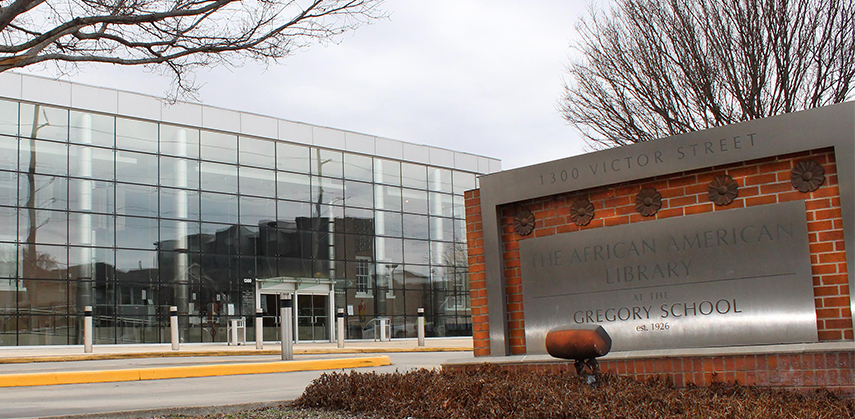
https://houstonlibrary.org/the-african-american-library-at-the-gregory-school-7391
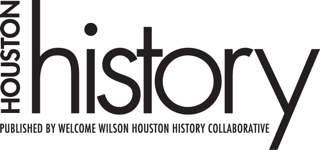
 Follow
Follow